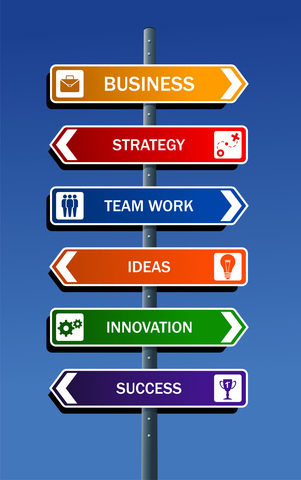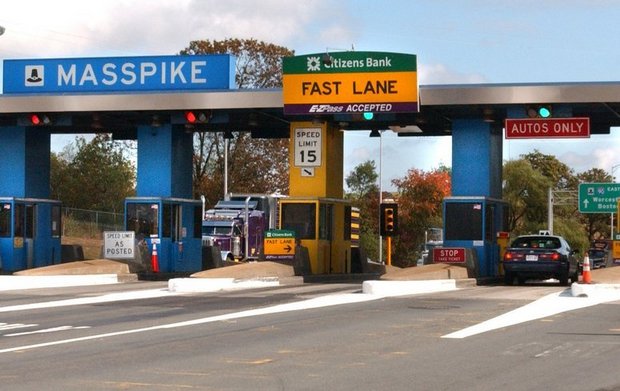| How long do you want your business to last?
It’s a question that can elicit a variety of responses. Some say 30 years or 40 years. Others offer a quizzical look. What I’ve found is when clients aren’t thinking about their future customer, it could cost them the future of their business. In the “The World Value Index 2018: How People Perceive Brand’s Purpose,” companies and nonprofit organizations were ranked on customer value by people, not shareholders. St Jude’s Children’s Research Hospital ranked number one. Amazon, the only the for-profit company to crack the top 10 list, ranked seventh. Let’s unpack the reasons for why customers perceive brands differently.  Millennials. Photo Credit: Canva Times are changing. Millennials, born between, 1981 to 1999, are 73 million strong. What motivates this generation is the desire to have relationships that are deeper than just showing up for an event, being a loyal customer, or “wearing the company brand badge.” They’re looking for an authentic brand that understands what they want and can deliver an experience that resonates with them. Companies like Warby Parker do this by “wearing the customer badge.” Warby Parker’s mission was born out of a personal experience where one of the Millennial-aged co-founders lost his glasses on a hiking trip. The cost to replace the glasses was so exorbitant that he completed a full semester in graduate school without them. The company’s mission is to make purchasing glasses “easy and fun” and “leave you happy and good-looking with money in your pocket.”[1] Customers can order up to 5 pairs of designer glasses at a time, at an affordable price, online to see which pair works for them. The ones that don’t work are sent back. What Warby Parker understands is the generational shift. This generation of customers has different needs, and they want a different buying experience. The handcrafted frames convey a sense of care and time taken to create a product that is true, dependable, and authentic to the individual customer. The product is wrapped with the experience of trying the glasses on, in a private setting of the customer’s choosing, on their schedule, and at an affordable budget-friendly price.  Alignment. Photo Credit: Canva. What often seals the deal with customers, is the company’s alignment of values. Millennials grew up with public services credits as a requirement for graduation. Warby Parker’s purpose for being is they “believe everyone has a right to see.” [2] They live this out through their social responsibility program where for every pair of glasses sold, another is distributed to someone in need. Warby Parker’s global program also provides basic eye examination training and selling the glasses at an affordable price. Reaching into the classroom, they address eyewear needs for school kids, so none go without the ability to see. Millennials see Warby Parker’s commitment as genuine and it matches their desire to give back and help children. Warby Parker views Millennials as a primary target audience, and by wearing the “Customer Badge,” through their business model, they have hit $1.7B in revenue in 7 short years, with an IPO on the horizon.[3] The company is giving primary competitor, Luxottica, a $28B billion-dollar Italian company, a reason to pause because Warby Parker identified online delivery and personalization of glasses as a gap in the market. It motivated Luxottica to adjust its business model to compete.  Insights. Photo Credit: Canva And, what companies must manage to is perception. Walmart’s acquisition of Bonobos, a higher quality men’s clothing e-commerce business in 2017 has enabled them to acquire higher-income customers. A year after the acquisition, some of Bonobos’ customers are exiting because they disagreed with the way Walmart pays its employees. That has generated a 7% to 8% decline in revenue for Walmart. Managing a positive perception is becoming more important than ever for companies. Millennials view it as a key criterion for deciding whether to work for or purchase from a company. Asking the question how long do you want your business to last is key to sustaining the growth of your company. It allows you to build your relationship with future customers and understand their needs. The benefit is you’ll design an organization that authentically delivers on the experiences they want, making your company relevant to customers, attract prospects, and separates you from the competition. |
[1] WarbyParker.com
[2] Ibid.
[3] Del Ray, Jason, “Warby Parker is Valued at $1.7 Billion after Pre-IPO Investment of $75 Million,” Recode, March 14, 2018.






You must be logged in to post a comment.